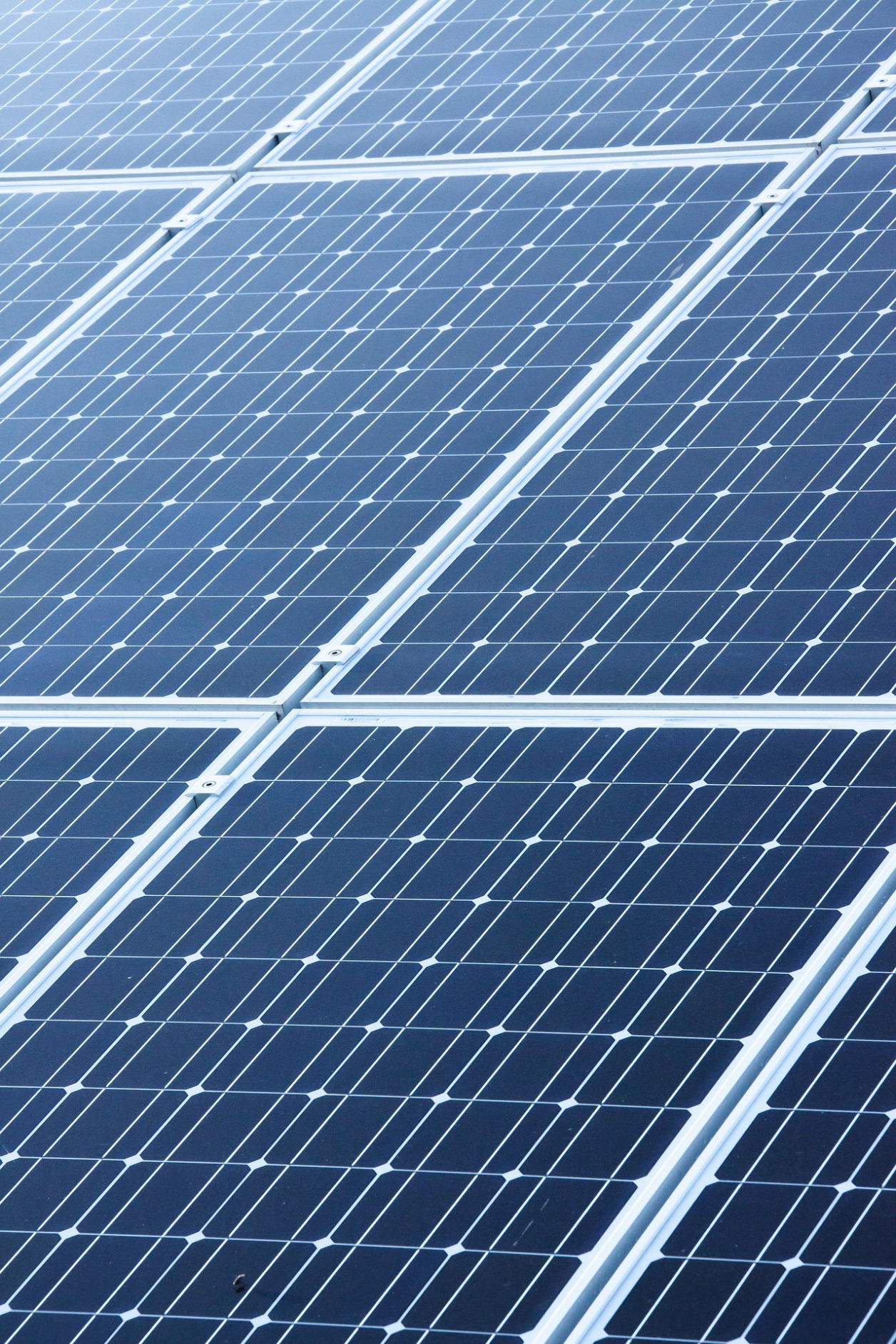Here are some important points to know about solar panels
1. How They Work: Solar panels work based on the photovoltaic effect. Sunlight is composed of photons (particles of light), and when these photons strike the solar cells, they knock electrons loose from atoms. This generates an electric current that can be captured and used as electricity.
2. Types of Solar Panels: There are three main types of solar panels:
- Monocrystalline Panels: Made from a single crystal structure, they are more efficient and space-efficient but often cost more.
- Polycrystalline Panels: Made from multiple crystal structures, they are slightly less efficient and affordable compared to monocrystalline panels.
- Thin-Film Panels: These are made by depositing a thin layer of photovoltaic material onto a substrate. They are less efficient but can be more flexible and versatile in terms of installation.
3. Efficiency: The efficiency of a solar panel refers to how much sunlight it can convert into electricity. Higher efficiency panels produce more power for a given area, which can be important for installations with limited space.
4. Installation: Solar panels are usually mounted on rooftops, open land, or even integrated into building materials. The panels need to be oriented and tilted to maximize their exposure to sunlight. In many cases, they are connected in arrays to generate more electricity.
5. Inverter: The electricity generated by solar panels is direct current (DC), but most household appliances and the electrical grid use alternating current (AC). An inverter is used to convert the DC electricity from the panels into AC electricity.





